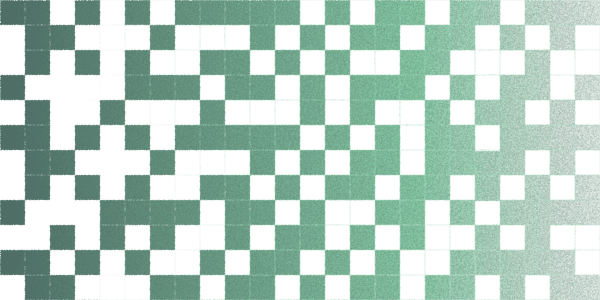LLM TOOLCHAIN
Real-time context
for LLM inference
A unified interface to serve, evaluate, and optimize LLMs using structured and unstructured data with sub-5ms latency.
TALK TO AN ENGINEER
Ship LLMs faster
Develop, evaluate, and deploy prompts and models in one system, with minimal glue code.
Built-in scheduling, streaming + caching
Inject live structured features directly into your prompts, without ETL or batch jobs.
Standardize LLM development
Use versioned, parameterized prompts and completions as first-class objects in your stack.
Scale without fragmentation
Unify feature engineering, vector search, LLM inference, and monitoring on a single platform.
LLM Toolchain DocsLLM Toolchain benefits
Scale without fragmentation
Unify feature engineering, vector search, LLM inference, and monitoring on a single platform.
LLM Toolchain DocsLLM Toolchain benefits
Ship LLMs faster
Develop, evaluate, and deploy prompts and models in one system, with minimal glue code.
Built-in scheduling, streaming + caching
Inject live structured features directly into your prompts, without ETL or batch jobs.
Standardize LLM development
Use versioned, parameterized prompts and completions as first-class objects in your stack.
Scale without fragmentation
Unify feature engineering, vector search, LLM inference, and monitoring on a single platform.
LLM Toolchain DocsOne Platform. One Toolchain.
All the way to production.
Prompt Engineering
Experiment with prompts on historical data using branches. Chalk tracks outputs, computes metrics, and promotes winning prompts with one command.
Model Inference
Deploy inference pipelines with autoscaling and GPU support. Write pre/post-processing in Python. Chalk handles the rest, including data logging and versioning.
Evaluations
Log and compare model outputs with quality metrics to pick the best prompt, embedding, or model—all versioned automatically in Chalk.
Embedding Functions
Use any embedding model with one line of code. Chalk handles batching, caching, and lets you safely test new models on all your data.
Vector Search
Run nearest-neighbor search directly in your feature pipeline. Use any feature as the query, and generate new features from search results.
Large File Support
Process and embed large files, docs, images, and videos at scale. Chalk handles batching, autoscaling, and execution with a fast Rust backend.
Chalk powers our LLM pipeline by turning complex inputs like HTML, URLs, and screenshots into structured, auditable features. We can serve lightweight heuristics up front and rich LLM reasoning deeper in the stack, catching threats others miss without compromising speed or precision.
Rahul Madduluri CTO
Connect your LLMs to the freshest data
without ETL pipelines
Connect your LLMs to the freshest data
without ETL pipelines
- Retrieve structured features dynamically at inference time
- Use Python (not DSLs) to define feature logic
- Fetch real-time context windows with point-in-time correctness
- Mix embeddings and features for fully grounded RAG workflows
Design prompts like you
design software
Design prompts like you
design software
- Write, version, and reuse prompts with structured parameters
- Evaluate prompts and models using historical production data
- Compare model performance on accuracy, latency, and token usage
- Debug failures with end-to-end traceability and lineage
- Deploy prompt + model bundles as artifacts with full observability



